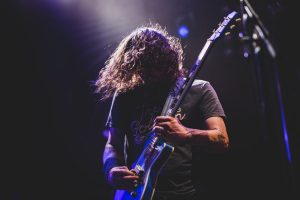
The Digital Literacy Experience
Here is a list of the BIG IDEAS covered in my blog (I decided against a vlog this time):
- What are my digital literacy experiences and thoughts during this crazy week?
- What has my exploration of “filter bubbles” shown me?
Obviously the big story (for educators) during this week/last week has been “educational continuance” and the ramifications and considerations of a fully online education system.
As I watched my administration field questions from staff experiencing real-time symptoms ranging from stupefied imposition to shear palpable panic, I sat there we a different, perhaps more evolved perspective due to the year I have had in this master’s program. I wouldn’t say that I lacked consideration for the most basic issues of tech, equity, and accessibility; but, my thoughts in these issues were more nuanced and included other aspects that have been overlooked by some of my colleagues (as gauged by conversation). In fact, with out putting too fine a point on it – it appears to me that a lot of educators lack some experience, confidence or exposure to the very Digital Literacy skills our provinces (a comparison of MB and BC frameworks) are trying to develop in students.
What I found most useful, was not my understanding of technology in general – as I have been delivering and developing content through OneNote augmented with other tech tools for 3 years already – but my emerging thoughts about models of technology incorporation and self-regulated learning (SRL) skills. As some of my colleagues scramble to make any kind of online learning available so as to provide this “continuance,” I was, and am, able to think deeply about how, why and when I would be utilizing certain tools and I find my work and progress (in this ever-developing situation) to be specific, direct and fulfilling.
I found Atenas et al. (2015) Open Data as Open Educational Resources: Towards Transversal Skills and Global Citizenship and Rohs & Ganz (2015) MOOCs and the claim of education for all: A disillusion by empirical data, very interesting in pushing my thinking on barriers to digital learning.
Addressing specifically SRL, I have been cooperatively developing opportunities for students to work on these skills (organization, goal-setting, planning, metacognition and evaluation), and have scaffolded in learning chances all year. SRL skills are vital for students to develop digital literacy skills and make sense of digital content and tools, and not every student that is being thrust into the new learning environment is equipped to handle this scenario (and that’s assuming full and fast accessibility to the material). Moving beyond digital, we have provided paper “packages” for students who may lack accessibility to our online environment. Even these students will need strongly developed SRL skills to engage with the material in a productive way. Due to my focus at incorporating SRL opportunities I find myself comforted that my student may be better prepared than most, and certainly will be better prepared than any I had taught previously.
This week, I also found time to watch How to separate fact and fiction online by Markham Nolan. This video elucidates why it is increasingly necessary to educate students in digital literacy skills and specifically digital investigative skills. While Mr. Nolan’s examples are journalistic in nature and contain a high level of media and technological savvy, the message is still “investigate before you trust.” (Humble-brag alert) I also start off the year with an introductory lesson (about 3 weeks) on credibility and reliable on the web. This was prompted by FAKE news ideas and the increasingly concerning issue of dis-information and misinformation. As it turns out, this is also fortuitous, as a lot of what will be expected from students moving forward will be more project-based learning or inquiry learning. These things require a strong understanding of these issues and they also play a large role in both provincial digital literacy frameworks – as both are heavy in direct and indirect references to inquiry learning.
A second video of interest this week was Beware online “filter bubbles” by Eli Pariser. While this term was new to me, the general concept was not, and I have been wrestling with this idea for a few years in my Twitter account. This ties into the previous discussion on SRL and digital literacy, as students may just be beginning to consider “news” outside of social media (particularly in this crisis), and may be reading the news with more interest and understanding. We would want to encourage them to seek alternative viewpoints and ideas NOW as they enter this information/news age.
I have also detailed my twitter journey previously, however I didn’t directly address my own filter bubble. My Twitter experience started with following scientists, edu-celebrities, and standard news organizations. And while none of that is the wrong way to start, it certainly did have a bubble-like quality. There was little dissent or opposing view points. And a lot of the discussion points and conclusions were ones that I would have or had already drawn myself. Which is great for conformation bias and ego-stroking, but terrible for expanding knowledge and personal growth. I have made a concerted effort to seek out other sources of information, most notably pushed by the Truth and Reconciliation Commission of Canada. To push my filter bubble out, or away (for this particular issue), I’ve added many First Peoples twitter accounts in the last year: CBC Indiginous, Pam Palmater, Niigaan Sinclair, and Idle No More for example.
I was particularly struck by Mr. Pariser’s description of the new reality of online experiences – “invisible algorithmic editing of the web,” “personally tailored” and “there is no standard Google anymore” – and was prompted to mimic his experiment and shout out a Twitter experiment of my own for comparison. As an experiment similar to the one conducted by Mr. Pariser, I ask people in the Twitter-verse to share screenshots of their Google hits for “coronavirus.” As I am not famous, not well-connected, and there is a pressing pandemic to direct focus, I received few replies…as expected. Below are some of those shots:
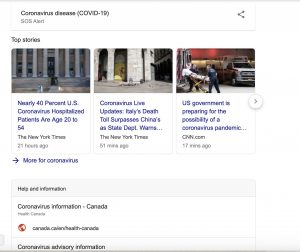
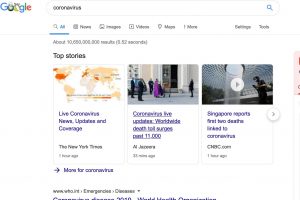
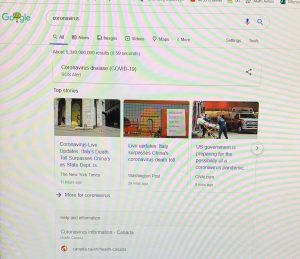
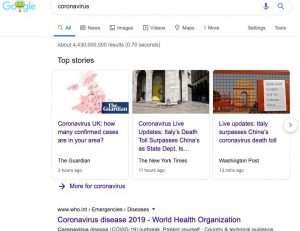
Those connections that did reply were not necessarily helpful because of the filter bubble I still find myself in. My connections in Twitter are primarily social or collegial and it is unlikely that anyone connected to me would have vastly different political or social interests or leanings. As such the screenshots, while different, point to “leftwing” sources of information (no FoxNews to be seen). This is not very surprising, and it would have been interesting to have done this with a more diverse set of people, and during a less stressed time where the focus of media in general is so coordinated.
Ultimately this tiny experiment has shown me I need new friends… or possibly just a more diverse set of connections.
Photo: “man playing electric guitar” by Hector Bermudez on UnSplash
Rohs, M., and Ganz, M. (2015). MOOCs and the claim of education for all: A disillusion by empirical data. The International Review of Research in Open and Distributed Learning, 16(6). https://doi.org/10.19173/irrodl.v16i6.2033
Atenas, J., Havemann, L., & Priego, E. (2015). Open Data as Open Educational Resources: Towards Transversal Skills and Global Citizenship. Open Praxis, 7(4), 377–389. https://doi.org/10.5944/openpraxis.7.4.233
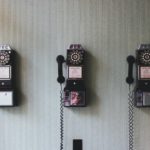

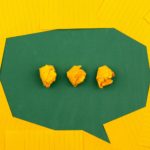
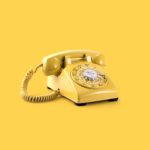
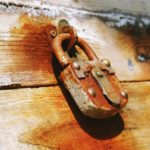
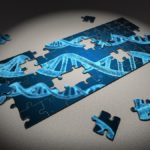
Rene Schwarz
March 26, 2020 — 2:55 pm
So when we want to hit the nail on the head, how do we know we are looking the right nail? You might remember an online independent news source using mostly professional freelance reporters called GNN (Gorilla News Network). I used to go there quite a bit to get perspective until it was killed by Sun News (you know, Rupert Murdoch), but even wikipedia won’t dare include that.
https://en.wikipedia.org/wiki/Guerrilla_News_Network
You leave a lot to think about. Thanks.